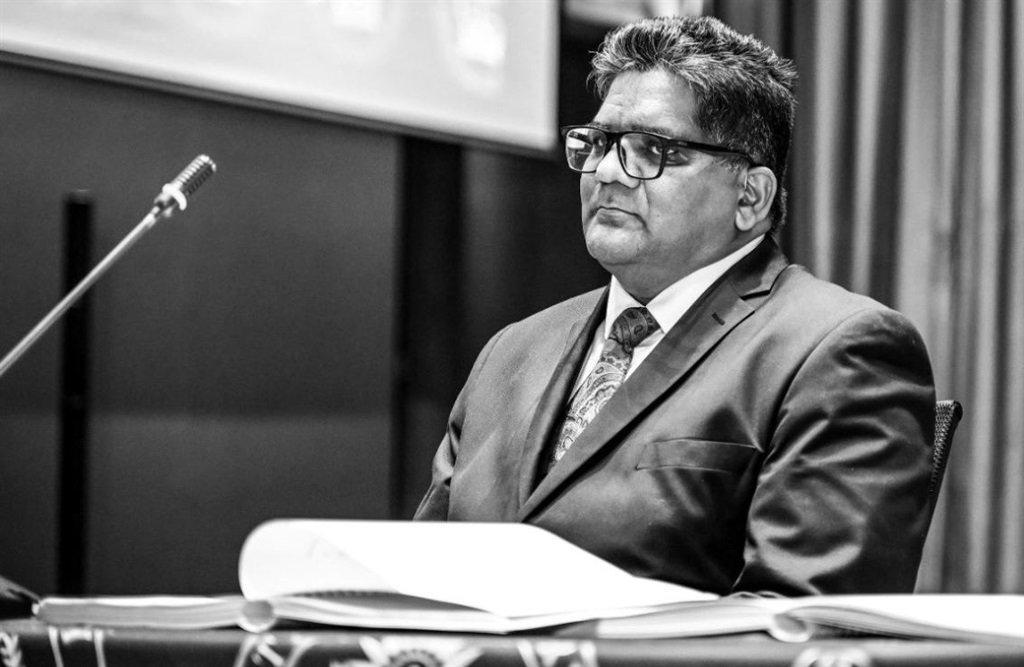Africa-Press – South-Africa. The Judicial Service Commission will recommend to President Cyril Ramaphosa that he appoints two women for vacancies on the KwaZulu-Natal High Court in Pietermaritzburg bench following interviews on Friday.
Four people were interviewed for two vacancies, and following deliberations, the JSC decided it would advise the president to appoint advocate Elsje-Marié Bezuidenhout SC and Nontuthuzelo Faith Mlaba.
Should Bezuidenhout’s appointment be confirmed, she will be the first white female judge on the Pietermaritzburg bench. Law bodies also supported her candidature.
“I will also be the first female advocate from the Pietermaritzburg bar to get appointed to the Pietermaritzburg bench. It’s never happened before,” she said.
Bezuidenhout said she believed her appointment would enhance diversity on the bench. She expressed her support for the transformation of the legal profession, adding that she had been on the Pupillage Committee since 2016, and “I pride myself on the fact that I was actively involved, every year when it came to interviewing aspirant pupils for the pupillage programme next year, [and] insist and to make sure that they are especially black female candidates approved and given an opportunity to do pupillage”.
Mlaba was the last person to be interviewed on Friday night. She said she believed she was ready to be appointed to the bench, saying that throughout her career, she had worked towards joining the bench.
Meerchand Maharaj and Professor Mbuzeni Johnson Mathenjwa missed out on being appointed. During his interview, Maharaj was challenged by JSC commissioners over a past judgment in which he reduced a sentence of a man who had raped a 9-year-old girl.
Commissioner Nomagugu Simelane-Zulu cited the judgment from 2021, in which Maharaj set aside the life sentence because the lower court had “overemphasised the seriousness of the crime”. He downgraded the sentence to 20 years.
Simelane-Zulu said the judgment concerned her because the province had one of the highest cases of rape. She then asked whether Maharaj did not consider rape, particularly of a child, a severe crime.
He answered:
He explained his judgment by using the analogy of a two-year-old rape victim with injuries and an adult rape victim who was not injured.
‘I think it was very negligent’
He said although “rape is rape and it’s serious”, his explanation sought to describe what he called the “degrees of seriousness” considered by the court before reaching its decision.
Simelane asked if he would accept the position that he should not issue judgments accordingly. Maharaj responded by asking the commissioner to consider the factors that influence final judgments.
“I don’t agree with you. I think it was very negligent, especially as we have such serious challenges with rape, particularly in that province and in eThekwini. I do not agree with that,” Simelane-Zulu responded.
In response to Simelane-Zulu, Maharaj cited another judge who he said had acted on his advice. This prompted a follow-up question from commissioner Julius Malema who asked if he thought “name-dropping” his colleague absolved him of responsibility.
“Does it make it less of your judgment if two of you were in it? When you bring to our attention that there was another judge, does it make it less of your judgment?” Malema asked.
Maharaj responded: “No, it doesn’t.”
Another member of the JSC, Carol Steinberg SC asked Maharaj: “Is it possible that a 9-year-old little girl can ever come out of rape without emotional or physical damage?”
Maharaj said the State had not presented any evidence of physical and emotional damage during the trial process. That was one of the factors considered in terms of the seriousness of the complainant’s injuries.
“One would have expected them to have led the evidence of the seriousness of the trauma, and they didn’t,” he said.
For More News And Analysis About South-Africa Follow Africa-Press






